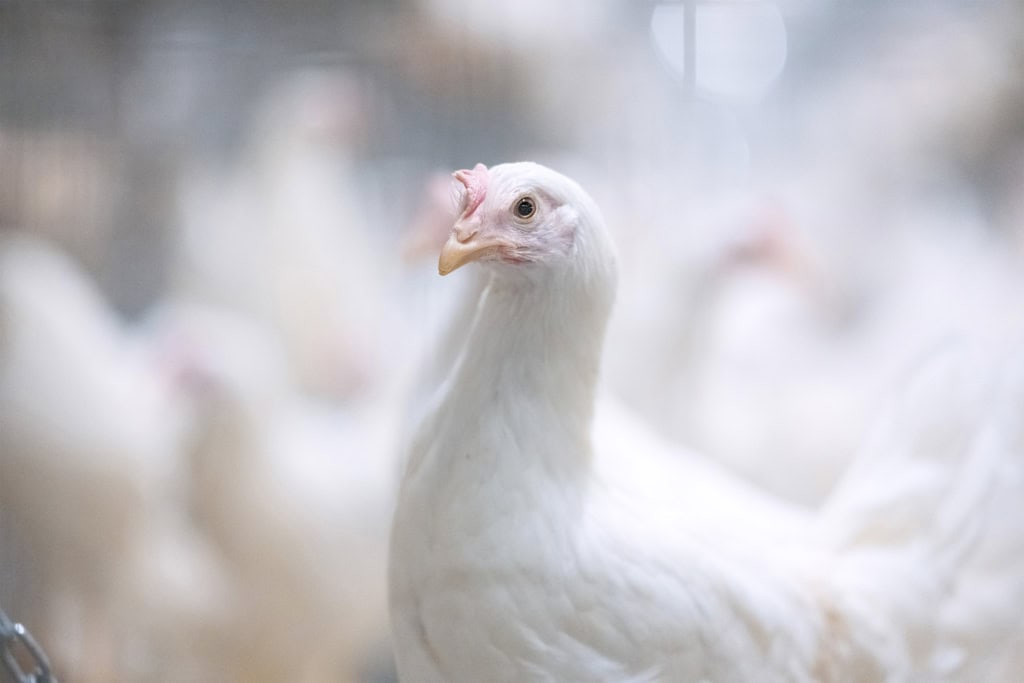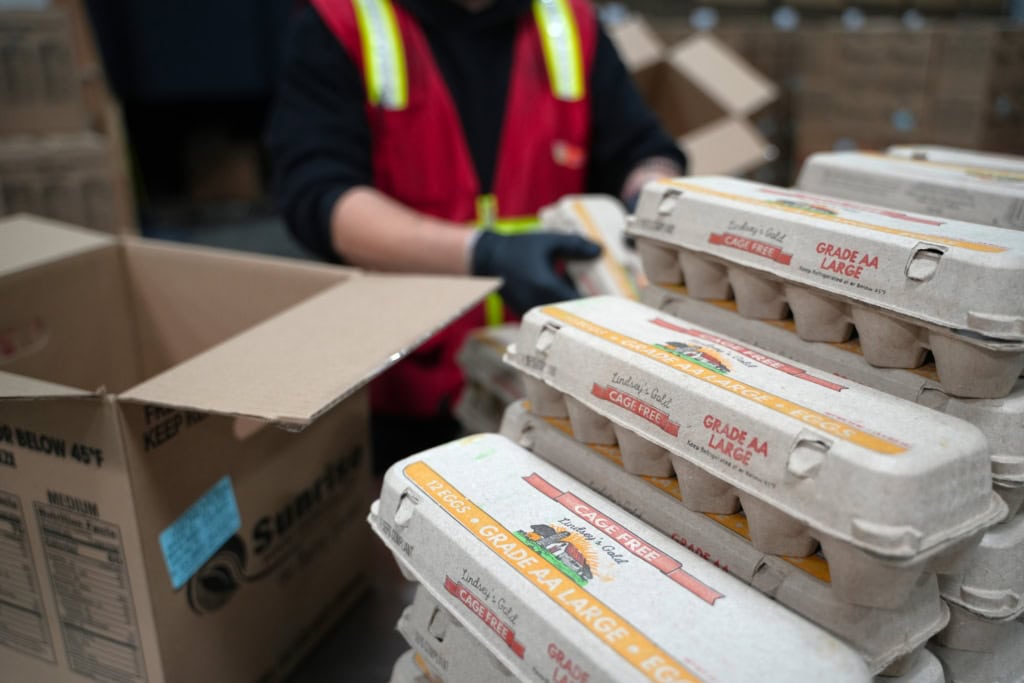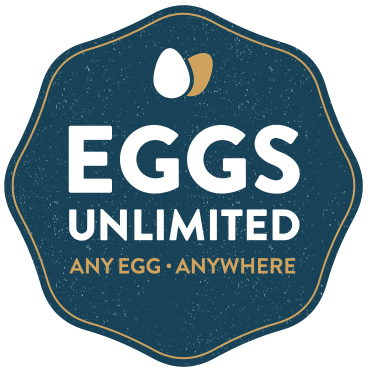In the quest for wholesome eggs, consumers today demand more than just a product; they seek transparency, assurance, and ethical sourcing practices. The USDA’s Agricultural Marketing Service (AMS) plays a pivotal role in verifying claims surrounding cage-free eggs, ensuring that what’s promised on the carton aligns with reality. Let’s dive into the intricacies of USDA graded cage-free eggs and what they mean for both producers and consumers.

Introduction
Understanding Cage-Free Egg Assurance
AMS Oversight: AMS verifies cage-free claims by conducting farm visits twice a year, guaranteeing that eggs indeed come from cage-free flocks.
Consumer Demands: Attributes like organic, locally produced, cage-free, and free-range have become key considerations for egg buyers, highlighting the importance of accurate marketing claims.
Shift Towards Cage-Free Production
Industry Trends: Major food buyers & producers are transitioning to sourcing eggs solely from cage-free production systems, reflecting evolving consumer preferences and industry standards.
Verification Process: USDA graded cage-free eggs undergo a meticulous review to ensure the validity of cage-free claims, providing additional assurance to consumers.

USDA Grading and Certification Services
Quality Standards: Eggs bearing the USDA Grade Shield must meet stringent quality criteria, including proper sanitation, refrigeration, and traceability methods.
Labeling Integrity: Packaging materials with the USDA Grade Shield undergo pre-approval to ensure truthful labeling, especially regarding production methods like cage-free or free-range.
Meeting Varied Consumer Preferences
Free-Range Assurance: AMS verifies eggs from “free-range” hens, ensuring they have continuous access to the outdoors during their laying cycle, meeting specific consumer preferences.
Segregation and Traceability: AMS mandates stringent plans to maintain egg identity throughout the supply chain, guaranteeing that only eggs from appropriate flocks are packaged with the USDA Grade Shield.
Impact on Egg Producers and Supply Chains:
Infrastructure Investments: Producers are investing in new systems and practices to accommodate cage-free production.
Supply Chain Adjustments: From sourcing to retailing, the shift to cage-free eggs requires collaboration and adjustments across the supply chain.
Market Opportunities: Producers meeting cage-free demands gain access to new markets and retail opportunities.
Looking Ahead: Future Trends and Innovations:
Industry Evolution: Innovations continue in egg production, emphasizing hen welfare and operational efficiency.
Global Adoption: The global shift towards cage-free production signifies a broader commitment to sustainable and ethical practices.
Top Companies making the transition to 100% Cage-Free 2025
- 7 Eleven
- Albertsons Companies
- Aldi
- Alex Lee
- Applebees
- Aramark
- Bashas’
- BILO
- BJ’s Restaurant and Brewhouse
- BJ’s Wholesale Club
- BLOOMIN’ BRANDS
- Bob Evans
- BONEFISH GRILL
- Boston Pizza
- Brinker International
- Brookshire’s food and pharmacy
- Burger King
- Campbell’s
- Carl’s Jr.
- Carnival
- CARRABBA’S Italian Grill
- Chili’s
- Conagra Foods
- CVS Health
- Delhaize
- DOLLAR GENERAL
- DOLLAR TREE
- Dunkin Donuts
- FAIRWAY
- FAMILY DOLLAR
- Fleming’s
- Flowers Foods
- The Fresh Grocer
- Gemperle Family Farms
- General Mills
- Giant Eagle
- Grupo BIMBO
- Hardee’s
- Harveys
- HEB
- HMS Host
- Ingles
- Jack in the box
- Kellogg’s
- King Kullen
- KINGS (shell and liquid eggs)
- Kraft Heinz
- Kroger
- Loblaws
- Lowe’s
- Maggiano’s Little Italy
- Market 32
- McDonalds
- Meijer
- Metro
- Mondelez International (in Europe)
- MTY
- Norwegian Cruise Line
- OUTBACK Steakhouse
- PepsiCo (Global Egg Procurement)
- P.F. Chang’s
- Price Chopper
- Price Rite
- Quiznos
- Royal Caribbean
- Ruby Tuesday
- Sam’s Club
- Shoney’s
- ShopRite
- Smart & Final
- Snyder’s Lance
- Sobeys
- Sonic
- Southeastern Grocers
- SpartanNash
- Sprouts Farmers Market
- Stater Bros. Market
- Subway
- SuperValu
- Taco John’s
- Target
- TGI Friday’s
- TOPS Friendly Markets
- Trader Joe’s
- Tim Hortons
- Wakefern Food Corp
- Walgreens
- Walmart U.S.
- Wegmans
- White Castle
- WinCo Foods
- Winn Dixie
- Woodman’s Markets
Conclusion
The transition to 100% cage-free egg production reflects a broader industry evolution towards sustainability and consumer-driven practices. With USDA grading assurance, consumers can trust in the integrity of cage-free claims, fostering transparency and confidence in the egg supply chain. The collaborative efforts of producers, regulators, and consumers shape a responsible and resilient future for egg production and consumption.
Why Eggs Unlimited?
As one of the largest egg producers in the U.S., Eggs Unlimited is well equipped to face any challenge. That includes increasing demand for eggs, issues with a specific farm, and challenges across the supply chain. As customers explore their egg options, our knowledge, resources, and experience can help them make smart, cost-effective choices.
At Eggs Unlimited, we partner with farmers and suppliers that care about their animals and the environment. We’re proud to work with farmers who follow robust environmental and ethical practices. Plus, with our global reach, we can take on any challenge for customers all around the world. We always have a way to meet – and exceed – our customers’ expectations.
Connect With Top cage free Egg Producers
Connect with the Eggs Unlimited Sales team to learn more about your egg options. eusales@eggsunlimited.com
